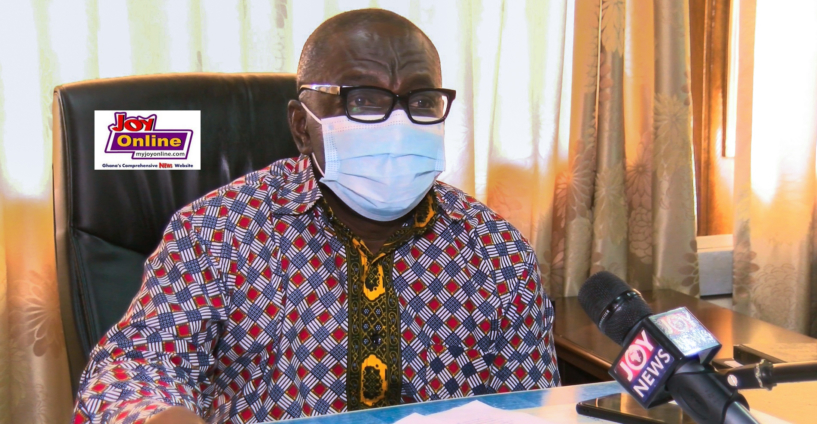Lead is increasingly consumed globally due to the skyrocketing demand for energy-efficient vehicles.
The high demand of the chemical substance for its utilization in industrial enclaves, like the Kumasi Suame Magazine, poses health and environmental threats.
To alleviate the increasing cases of lead poisoning, especially in children, the Ashanti Regional Directorate of the Ghana Health Service has instituted a steering committee to ensure stringent implementation of policies.
Reports indicate that about 0.6% of the global burden of diseases can be attributed to lead poisoning.
Lead poisoning poses grave child health concern throughout the world, as children are most likely to be exposed to the chemical substance.
In low- and middle-income countries, including Ghana, children living in lead-polluted sites stand the risk of lead poisoning through automobile fumes and dust from decaying lead-based paint.
Ashanti Regional Director of the Ghana Health Service, Dr. Emmanuel Tinkorang says the increasing menace puts children's lives at risk.
"Lead is non-biodegradable; for that reason children working around refuse dump are always contaminated with lead. These children either inhale it or consume it.
"When it enters the body, it can destroy the brain, kidney, liver and bones, and also cause Anaemia. So many children are dying from lead poisoning," he said.
The Regional Health Director, in collaboration with UNICEF, has instituted an advocacy committee to create awareness against the alarming deaths resulting from lead poisoning.
The committee is to ensure a comprehensive understanding of detrimental effects of lead poisoning.
Dr. Tinkorang added "under this strategy, the committee is to first create awareness about lead poisoning and educate the community that people are dying as a result".
The project will assess the medical status of children in selected lead-prone areas in the region.
According to the Regional Health Director, a medical facility will be allocated to test the lead levels in the blood of children and other patients.
"Clinical assessments will also be conducted under the project to know if the level of lead in children is dangerous, especially in areas like Suame Magazine, Dagomba line, where there is fitting works ongoing there," Dr. Tinkorang said.
Dr. Tinkorang assured that the 2-year project will be sustained by the government to eradicate lead poisoning among Ghanaian children.
"Ghana Health Service intends to sustain the project after its span. We are not only going to do this for 2-years," he said.
Latest Stories
-
Delivery of quality education: rehabilitation of classroom blocks enhances learning environment in North Tongu
14 minutes -
Let Ghanaians know what happened to the Vice President on Friday – NPP
19 minutes -
Tarkwa TNA Stadium to host MTN FA Cup semis
29 minutes -
‘The aim of every coach is to win trophies’ – Prosper Ogum
54 minutes -
Gold discovered in seven districts of Upper East Region – Minister
2 hours -
Ahafo Regional Minister raises alarm over rising drug abuse among youth
2 hours -
Tomato paste research: Who will give the consumer some clarity?
2 hours -
Fidelity Bank launches initiative to empower journalists in financial reporting
2 hours -
Fidelity Bank commits to implementing growth-oriented initiatives
2 hours -
DCOP Rtd David Eklu: Motorbike safety during the holidays
2 hours -
Absa Bank Ghana hosts NBFI learning event to drive inclusive job creation
3 hours -
Greenland’s prime minister says the US will not get the island
3 hours -
Trump says Zelensky wants to back out of critical minerals deal
3 hours -
US judge halts deportation of Turkish student at Tufts
3 hours -
US FAA to investigate close call between Delta flight and Air Force jet
4 hours

